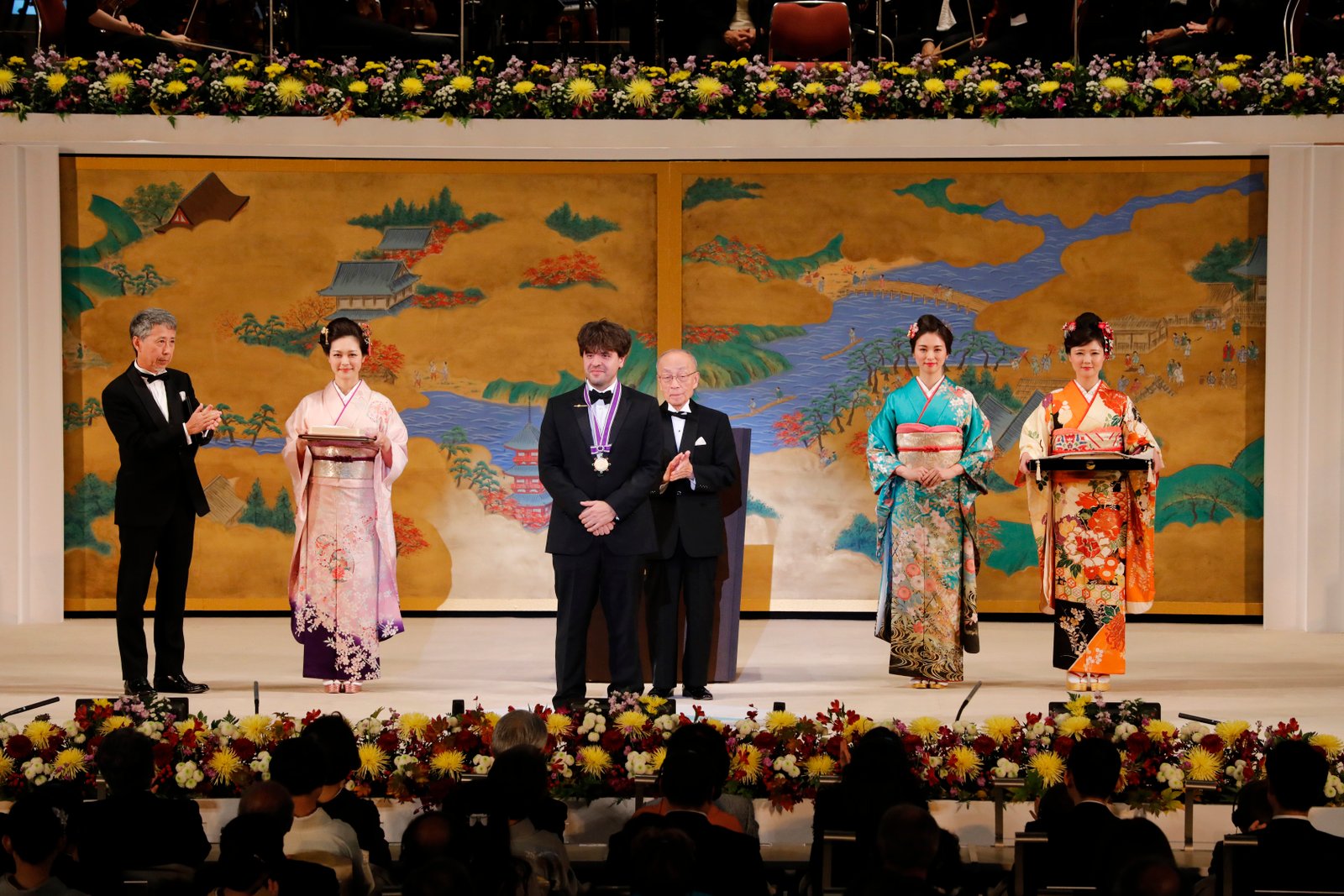
Dr. Karl Deisseroth receives prize
The Inamori Foundation has announced that it has presented its 34th annual Kyoto Prize in Advanced Technology to Dr. Karl Deisseroth, M.D., Ph.D., a Stanford University neuroscientist and Howard Hughes Medical Institute Investigator, during a ceremony here.
Deisseroth led the discovery of “optogenetics,” a new methodological discipline in which cellular activity is controlled by light. In the process, he developed a novel and universal technique to manipulate brain activity at the neural circuit level, revolutionizing the field of systems neuroscience and impacting more than a thousand research laboratories operating worldwide.
“As a result of this work, we know now which cells and connections across the brain actually control key behaviors of pleasure, reward, social interaction, and motivation to meet challenges — as well as, on the negative side, symptoms of anxiety, depression and fear,” Deisseroth stated. “This optogenetic technology has taken hold throughout neuroscience and now enables us to test precise cellular basis for behavior by controlling the brain’s circuitry.”
Deisseroth, 46, is a recipient of many previous distinctions, including the Canada Gairdner International Award, Else Kröner Fresenius Prize, and Breakthrough Prize in Life Sciences, among others. His data reinforce the hypothesis that the pathological basis of various neurodegenerative diseases and psychiatric disorders lies in the malfunction of neural circuit activity.
The Kyoto Prize is Japan’s highest private award for global achievement, consisting of academic honors, a 20-karat gold medal, and a cash gift of 100 million yen (about US$880,000). Established by Dr. Kazuo Inamori in 1984, the Kyoto Prize has been presented to 108 individuals and one group (the Nobel Foundation) — collectively representing 17 nations. Individual laureates range from scientists, engineers and researchers to philosophers, painters, architects, sculptors, musicians and film directors. The United States has produced the most recipients (48), followed by Japan (23), the United Kingdom (12), and France (8).




